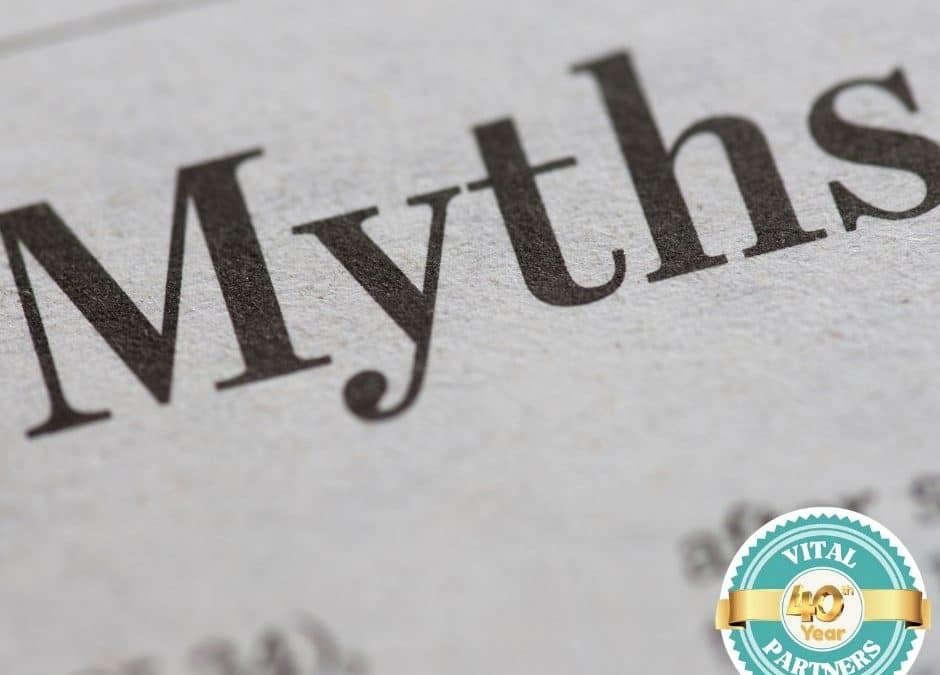The Introvert’s Guide to Dating: How to Make Relationships Work, Even with an Extrovert
Dating as an introvert can be a bit of a minefield. The constant push and pull between needing alone time and navigating the hustle of social life can leave you feeling drained, confused, or just plain overwhelmed. But here’s the good news: you don’t have to change who you are to make a relationship work. Your introverted nature brings a lot of strength to the table.
Whether you’re dating another introvert or someone with a more extroverted personality, finding your groove is possible. Sure, there might be some differences to work through, but your unique qualities can actually make your relationship stronger, deeper, and more fulfilling.
Let’s dive into how introverts can navigate the dating world—and make it work when you’re with an extrovert.
1. Own Your Introverted Strengths (No Apologies)
First, there’s no need to apologise for being an introvert. Your need for solitude, your love of quiet moments, and your deep, reflective nature are your superpower, not weaknesses. When dating, embrace these aspects of yourself and communicate with your partner so they understand why this side of you is important.
Here’s how to rock your introverted self in a relationship:
- Don’t Hide Your Need for Alone Time: Taking time to recharge isn’t a “negative” thing. It’s just how you stay balanced. Let your partner know upfront that you need personal space to feel at your best, and that doesn’t mean you’re pulling away from the relationship.
- Set Your Pace: Dating can sometimes feel like a marathon, but you don’t need to keep up with everyone else’s tempo. Suggest date ideas that match your vibe—maybe a quiet coffee shop date, a cosy Netflix night, or a walk in the park. Find what works for you both.
- Deep Conversations Over Small Talk: If you’re the type to avoid small talk and dive straight into meaningful conversations, that’s a good thing. Introverts often have a way of connecting on a deeper level, which can create a more fulfilling relationship. Lean into it!
2. Dating an Extrovert? Here’s How to Find Common Ground
Suppose you’re an introvert considering or already dating an extrovert. In that case, you might wonder how to bridge the gap between their need for social energy and your preference for quieter, low-key settings. Don’t worry—it’s possible to make it work. The key is understanding the differences and learning to meet in the middle.
Here’s how to navigate the introvert-extrovert dynamic:
- Recognise the Difference: Extroverts get a buzz from socialising and feel recharged by being around others. For you, being alone helps you recharge. Recognising this difference makes understanding each other’s needs easier and prevents miscommunication.
- Compromise on Socialising: It’s all about give and take. Maybe your extroverted partner loves big parties, but you’d prefer something quieter. That’s fine! Agree to go out but set boundaries—maybe you stay for an hour instead of the whole night. Or suggest a mix of social outings and chill nights in.
- Don’t Take It Personally: If your partner wants to hang out with their friends while you’re more in the mood for alone time, don’t assume they’re pulling away from you. It’s not about you; it’s just their way of recharging.
3. Communication is Key—No More Guessing
One of the biggest challenges in any relationship is communication. But for introverts, who sometimes prefer to keep their thoughts to themselves, transparent and open communication is non-negotiable.
Here’s how to make communication work for you:
- Speak Up About Your Needs: Don’t expect your partner to read your mind. If you need some alone time or are feeling overwhelmed by a social event, just say it. Open and honest conversations about your preferences will strengthen and connect the relationship.
- Avoid Making Assumptions: It’s tempting to assume your partner knows exactly how you feel or what you need. But assumptions lead to misunderstandings. Instead, express your needs gently and clearly, whether it’s a request for a quiet night in or a reminder that you need time to decompress.
- Adapt to Different Communication Styles: Extroverts tend to process their thoughts out loud, while introverts often reflect internally before speaking. Find a balance between these styles. If you need time to think, let your partner know and encourage them to be patient while you gather your thoughts.
4. Make Space for Shared Rituals
Introverts often thrive on routines and rituals that bring comfort and stability. If you’re dating someone with a more outgoing personality, it’s important to create shared rituals that work for both of you, so you’re not constantly out of sync with each other’s energy levels.
Here’s how to create those bonding moments:
- Plan Low-Key Dates: You don’t always have to be out and about to connect. Set aside time for simple, calming activities like cooking dinner together, watching a favourite TV show, or taking a quiet walk. These moments help you stay connected without burning you out.
- Balance Social and Quiet Time: When your partner wants to go out and mingle, you don’t have to say “no” all the time. Instead, find a middle ground by going to smaller events or limiting the time you spend out. Balance is key—both partners should feel comfortable.
- Respect Alone Time: Having time apart doesn’t mean you’re drifting apart. It’s often essential for maintaining a healthy relationship. Whether it’s solo hobbies, personal space, or just time to breathe, make sure there’s room for both of you to recharge in your way.
5. Conflict Resolution: Keep It Chill, But Address It
Avoiding conflict is an introvert’s natural tendency, especially if you’re dating someone more extroverted and direct about their feelings. But ignoring issues can cause resentment, and that’s never good.
Here’s how to manage conflict without losing your cool:
- Teamwork, Not Combat: When a disagreement arises, approach it as a team, not a battle. You are on the same side, so focus on understanding each other’s perspectives rather than winning the argument.
- Take Your Time to Process: Introverts need time to think and process. If your partner is quick to talk things through, let them know that you need a moment to reflect. Don’t feel rushed into making decisions or giving answers on the spot.
- Stay Calm and Patient: Sometimes, extroverts can be more animated or expressive during a conflict. If this happens, try to stay calm and don’t take it personally. Focus on listening and understanding their viewpoint rather than reacting immediately.
6. Why Opposites Can Work (and Why They’re Awesome)
Here’s the good news: being in a relationship with an extrovert doesn’t mean you’ll always be dragged into social chaos. In fact, the differences between you two can make your bond stronger.
- You Ground Each Other: Your calm, introspective nature helps your extroverted partner slow down and reflect. They can benefit from your thoughtfulness, giving them a break from their high-energy pace.
- They Push You Out of Your Comfort Zone: Your extroverted partner can encourage you to step outside your bubble and experience new things. Whether trying new activities or pushing you to meet new people, their energy can inspire you to try things you wouldn’t normally do.
Together, your strengths complement each other, creating a dynamic partnership that allows both of you to grow in ways you wouldn’t have on your own.
Final Thoughts: Dating as an Introvert is Worth It
Dating as an introvert doesn’t mean you must give up your need for solitude or change your core personality. You can build a thriving, fulfilling relationship with the proper communication, mutual respect, and a little compromise.
Whether you’re dating an introvert or an extrovert, the key is to embrace what makes you unique and honour each other’s needs. And remember, your introverted qualities can make your relationship deeper, more meaningful, and stronger than you might think.
So, go ahead and date like you mean it—on your own terms!
Additional Resources:
The Gottman Institute: The Introvert’s Guide to a Successful Relationship and The Introvert’s Guide to Dating an Extrovert
Contact us for a chat.
Vital Partners is a matchmaking service in Sydney and Canberra. We help mature singles with their dating journey. Professionals, executive dating and those looking for a quality experience with exceptional personal customer service. We’re here to guide you through every stage of your romantic journey. Let us be the introduction agency to help you find that special person who will enrich your life.





